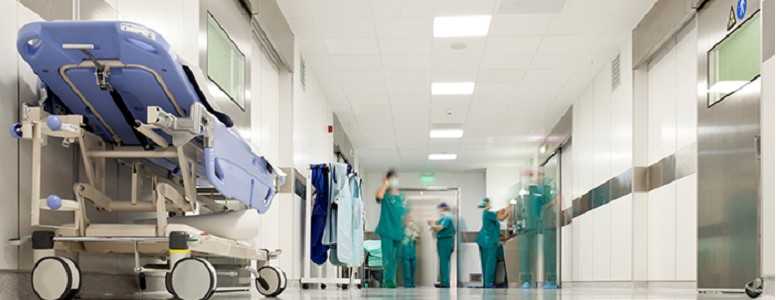Hospital admissions for diabetic ketoacidosis (DKA) in England rose slightly between 1998 and 2013, research has found.
DKA is a dangerous short-term complication of diabetes which occurs when blood sugar levels climb too high and the body does not have enough insulin. While it is more common in people with type 1 diabetes, those with type 2 diabetes producing limited insulin may also be affected.
Symptoms of DKA, which should be regarded as a medical emergency, include dehydration, vomiting, a peardrop-like smell on the breath and confusion. Identifying signs of DKA as soon as possible is imperative in order for proper treatment to be administered.
In a new study, researchers from the University of North Carolina at Chapel Hill looked at the records of 23,246 adults living with type 1 diabetes together with a further 241,441 adults who had type 2 diabetes. The data was obtained from two sources, the Clinical Practice Research Datalink and Hospital Episode Statistics.
The research team identified admissions to hospital where DKA was the main reason was the visit between 1998 and 2013.
The study looked for patterns in DKA admissions as well as length of hospital stay and a readmission rate after 30 days factoring in different causes and also mortality rates after both 30 days and one year.
Rates of hospital admission for DKA increased between 1998-2007 in people with type 1 diabetes and then remained at the same level until 2013. The rate of DKA in people with type 2 diabetes rose by about 4% each year between 1998 and 2013.
Discharge from hospital within two days occurred more often in adults with type 1 diabetes than those with type 2. The likelihood of hospital readmission within 30 days was greater for people with type 1 diabetes.
Mortality rates were stable whilst the length of hospital stay decreased over the period studied for both types of diabetes.
The study was published by the American Diabetes Association’s journal Diabetes Care.
What's new on the forum? ⭐️
Get our free newsletters
Stay up to date with the latest news, research and breakthroughs.






